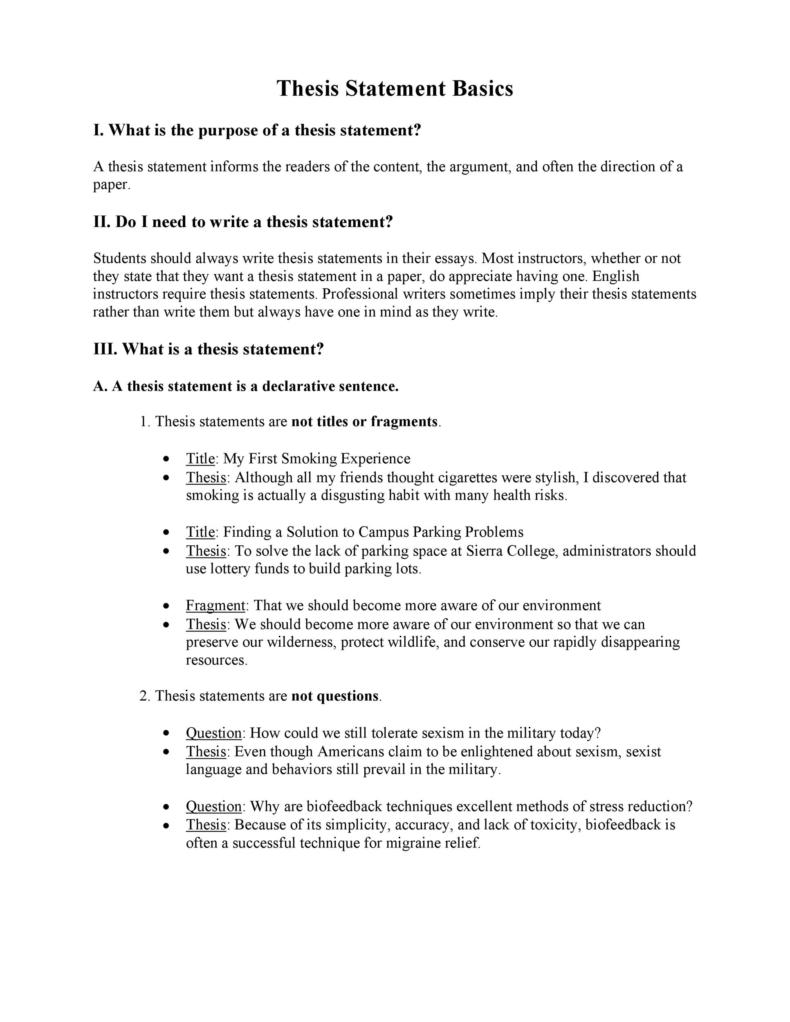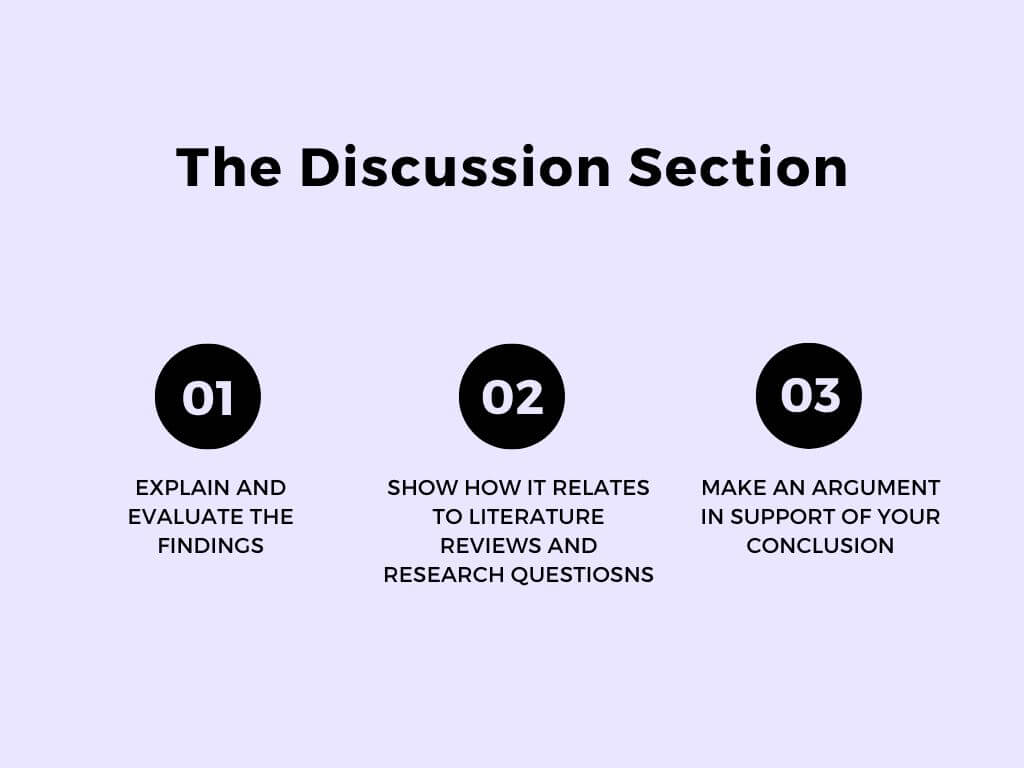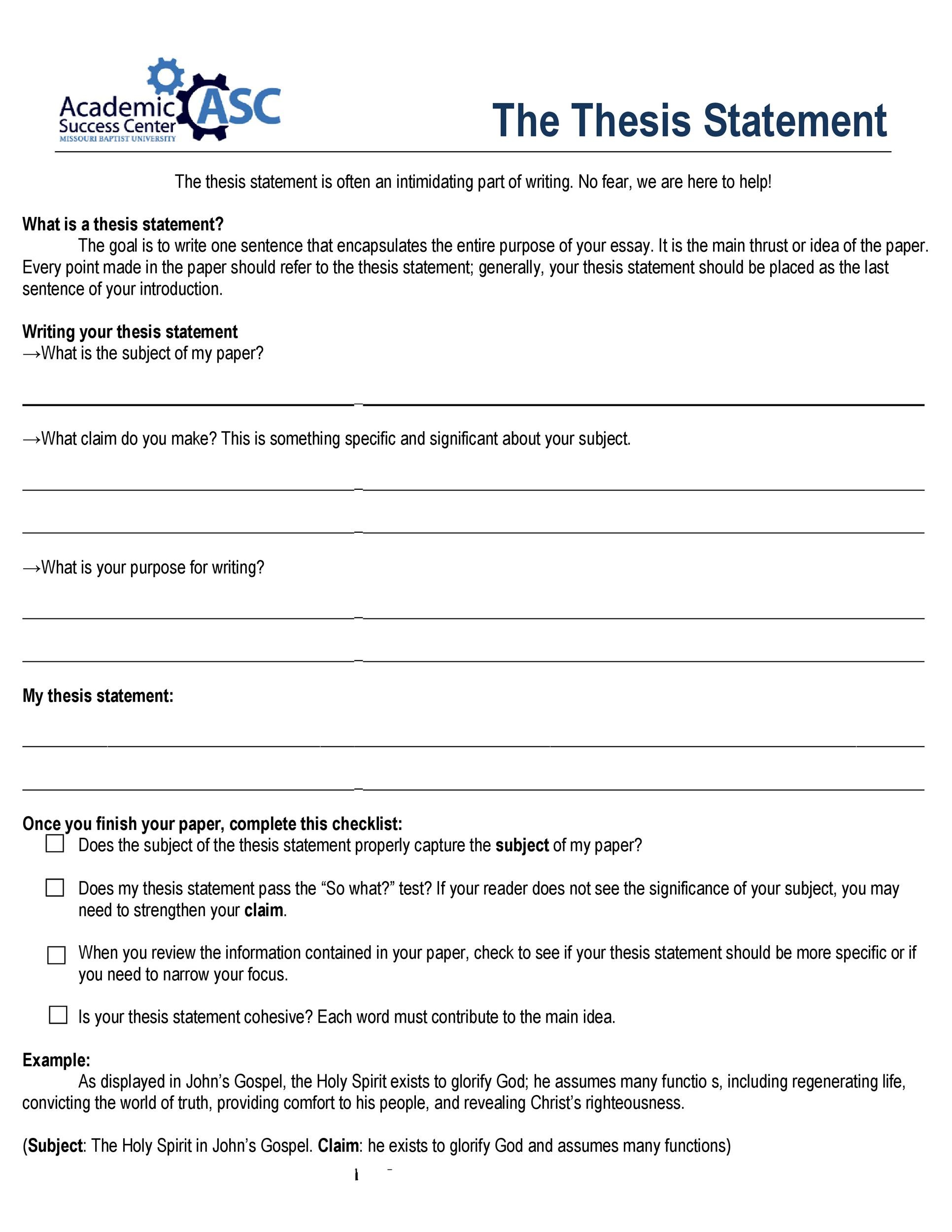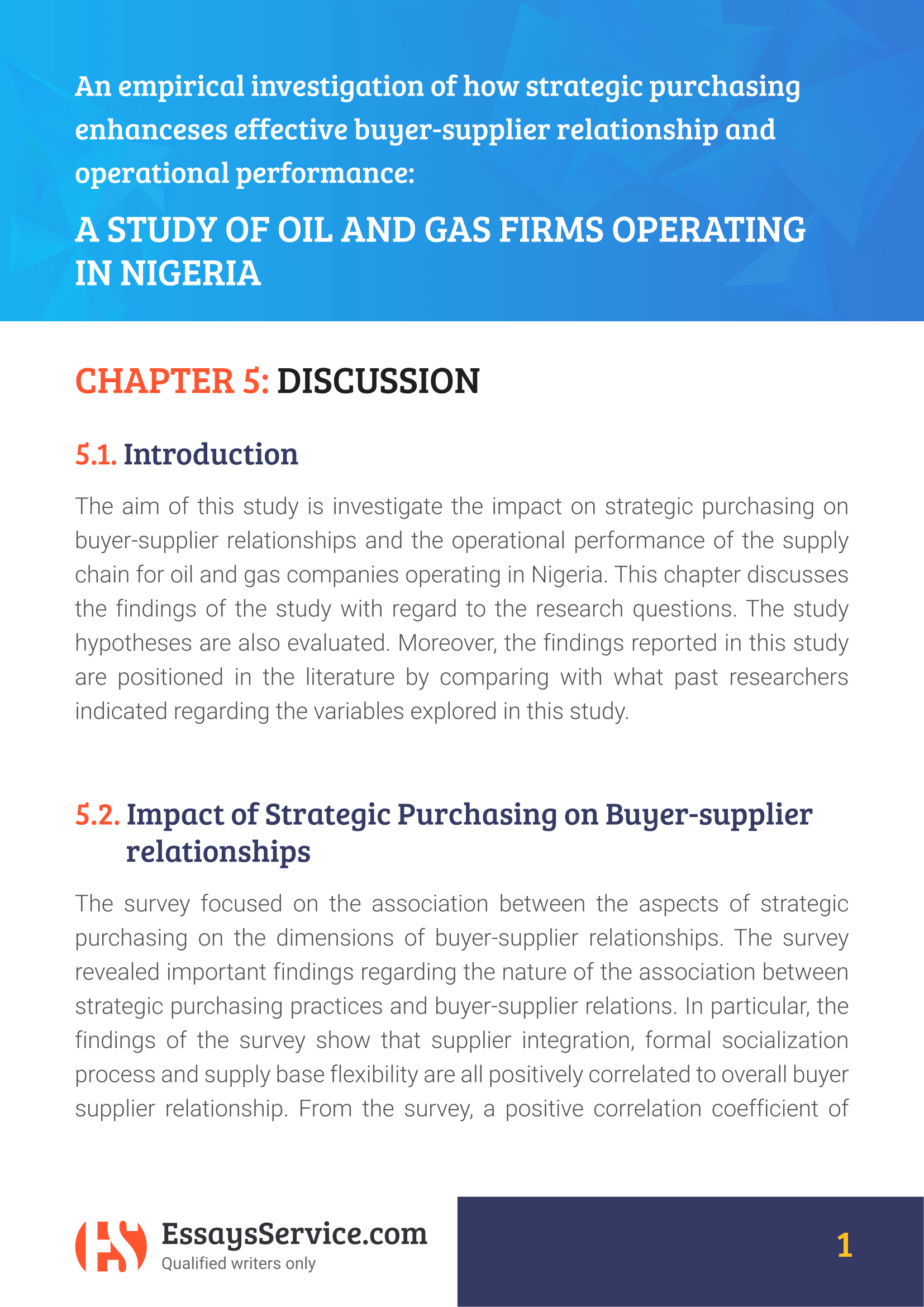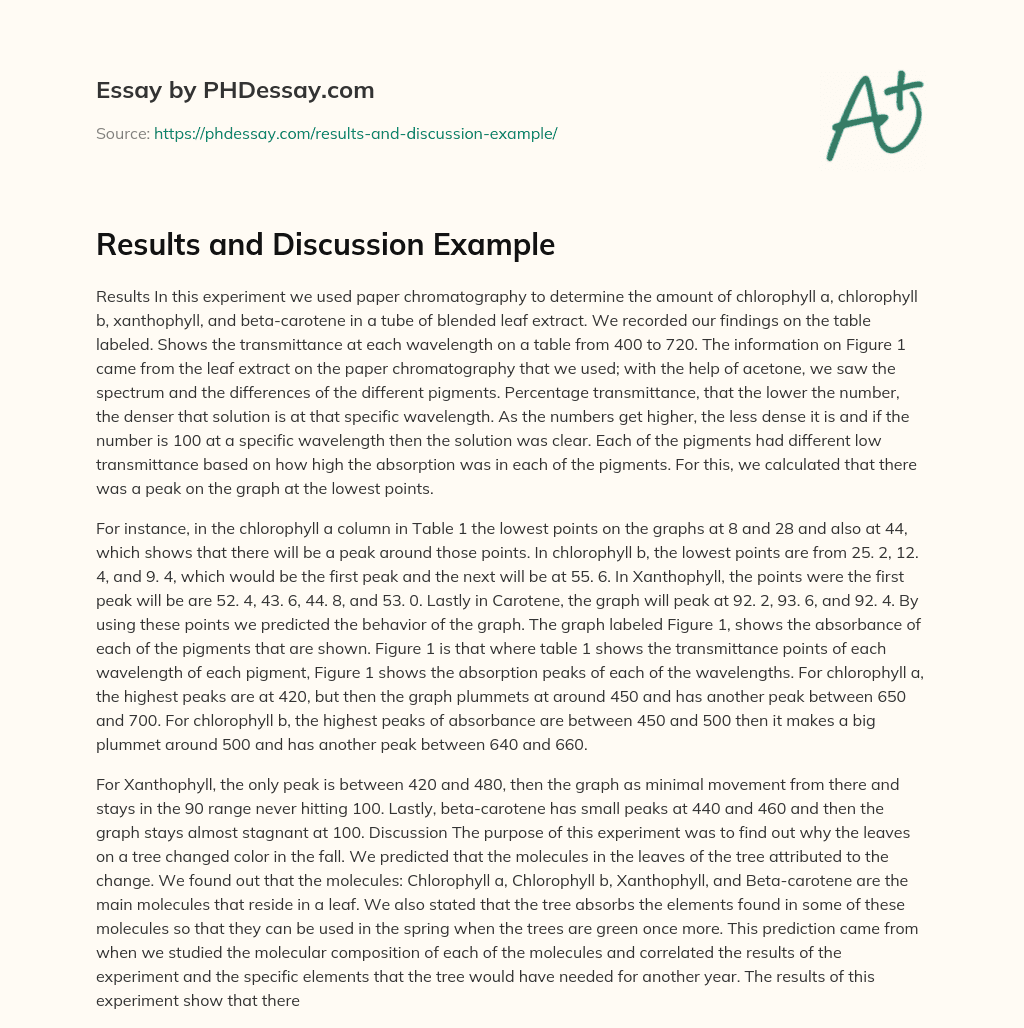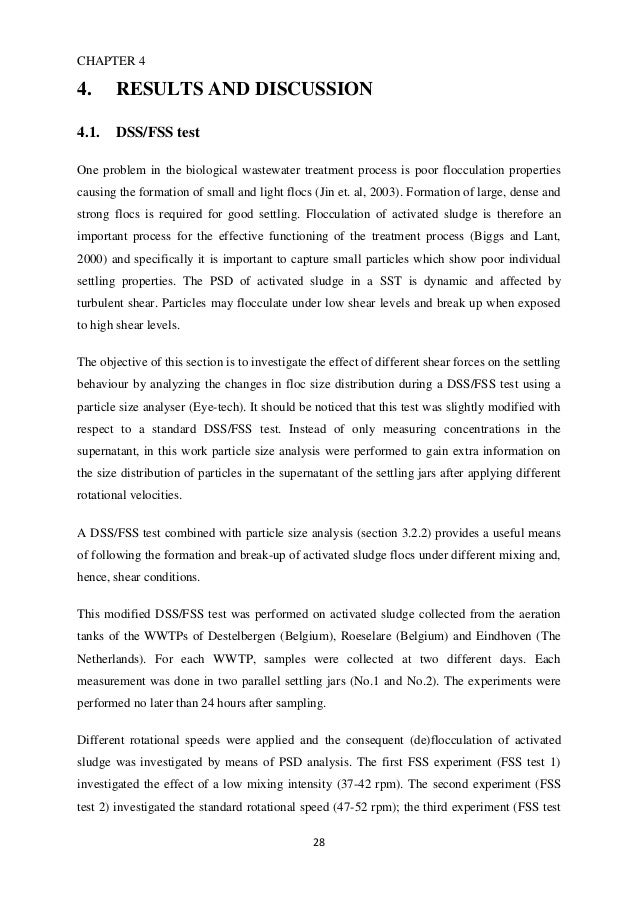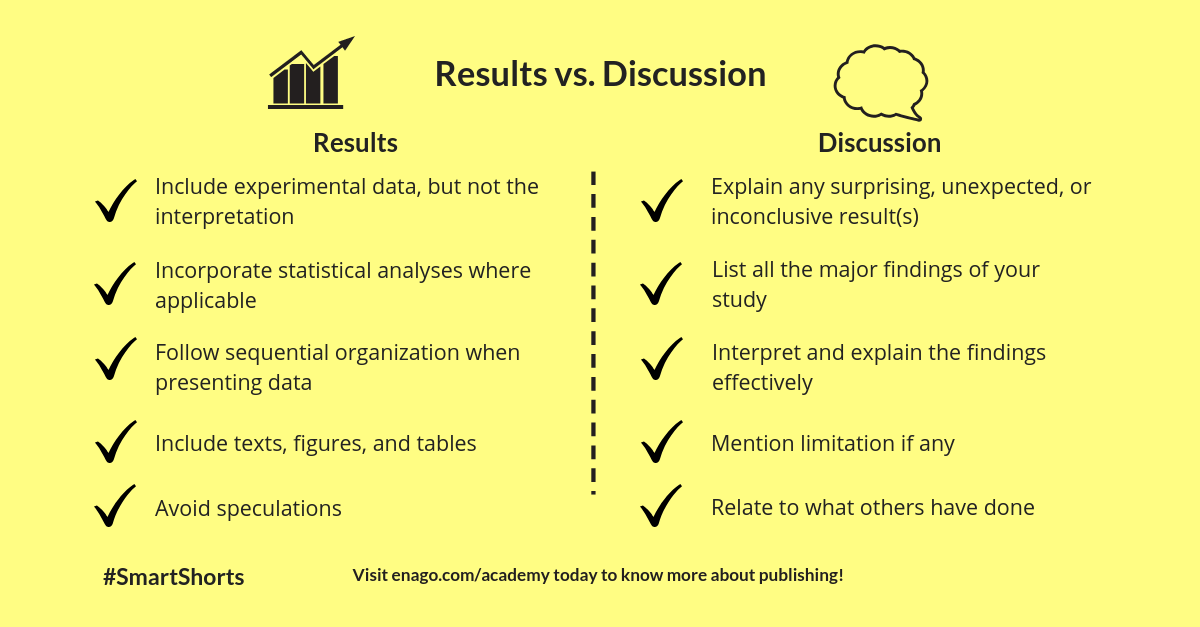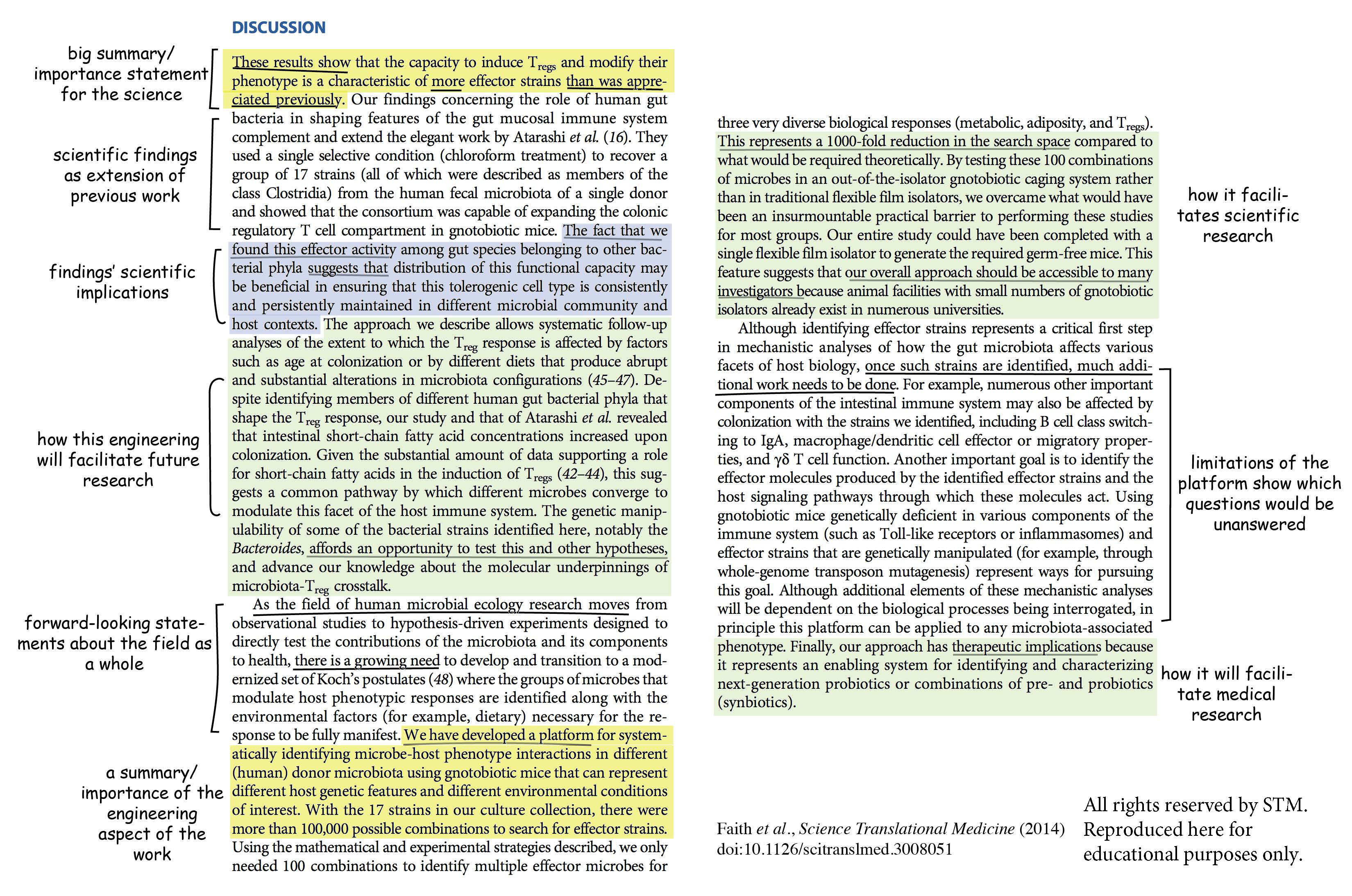Unbelievable Info About How To Write Discussion For Thesis
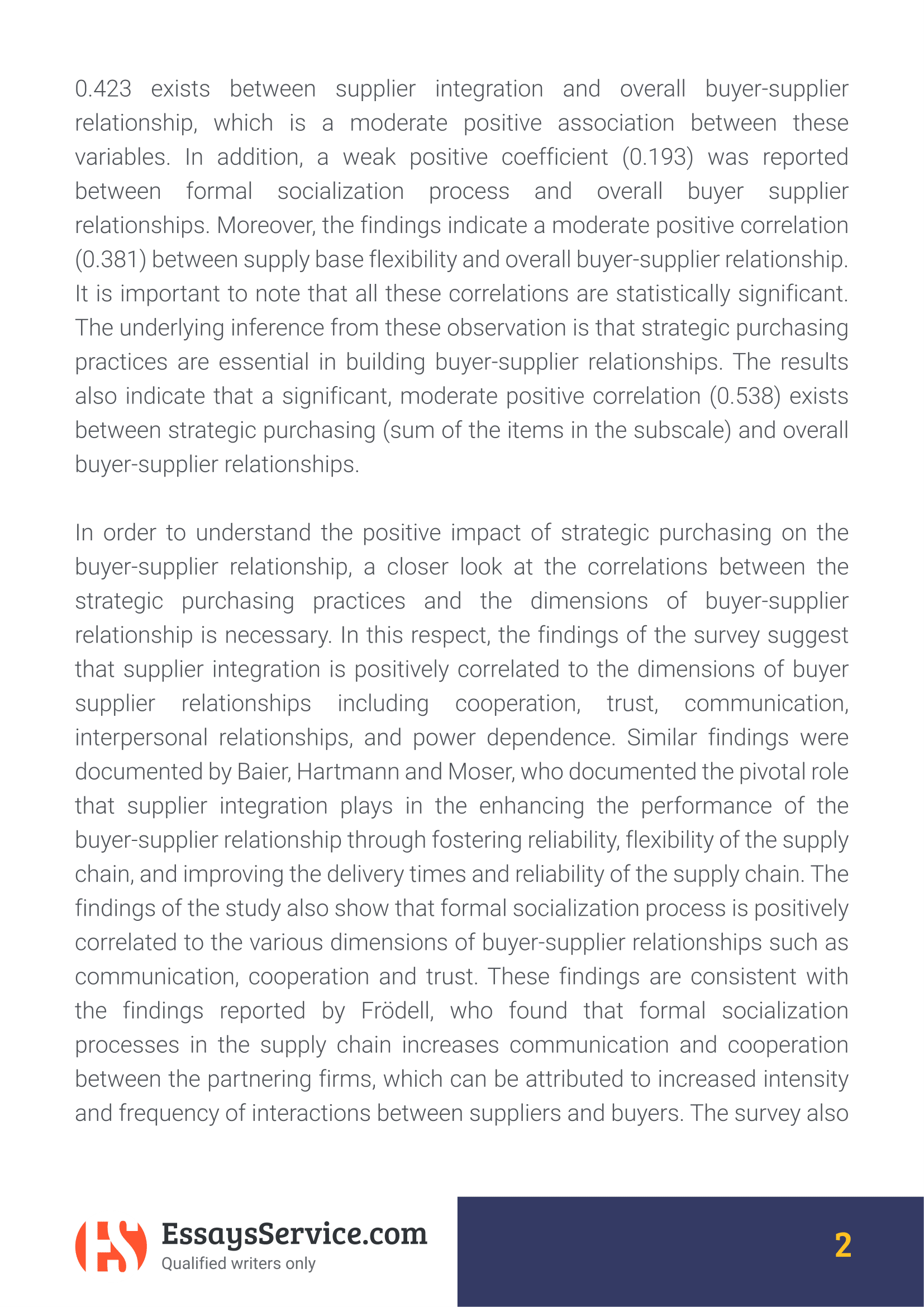
My hunch is that you could have to hijack.
How to write discussion for thesis. The reporting and discussion thesis chapters deal with the central part of the thesis. Summarize and reflect on your research. The discussion chapter is where you interpret and explain your results within your thesis or dissertation.
This template covers all the core components required in the discussion/analysis chapter of a typical dissertation or thesis, including: Not all journals share the. The thesis discussion includes explanations and interpretations of your results in the context of your thesis question and literature review, discusses their implications,.
What not to include in. What exactly is the discussion chapter? Start your discussion by summarising the key findings of.
How to write a perfect discussion chapter for a phd thesis. Think of it as the scholarly equivalent of a courtroom closing argument, where you summarise the. Frequently asked questions about discussion sections.
Papers usually end with a concluding section, often called the “discussion.” the discussion is your opportunity to evaluate and interpret the results of. Tips on writing the discussion for thesis : The discussion section can be written in 3 parts:
An introductory paragraph, intermediate paragraphs and a conclusion paragraph. Steps of how to write dissertation discussion chapter. So, you've got most or all of your results, and now you have to.
This article provides 9 effective tips for writing a flawless discussion chapter for a phd thesis. I'm after getting through the bulk. How to write an effective discussion.
This is where you present the data that forms the. Explaining the meaning of the. The results of your research, a discussion of related research, and.
The discussion section can be written in 3 parts: Reporting and discussion thesis chapters. Tips on writing the discussion for thesis.
Remind research questions & objectives. Provide a summary of your findings. How long should your conclusion be?

